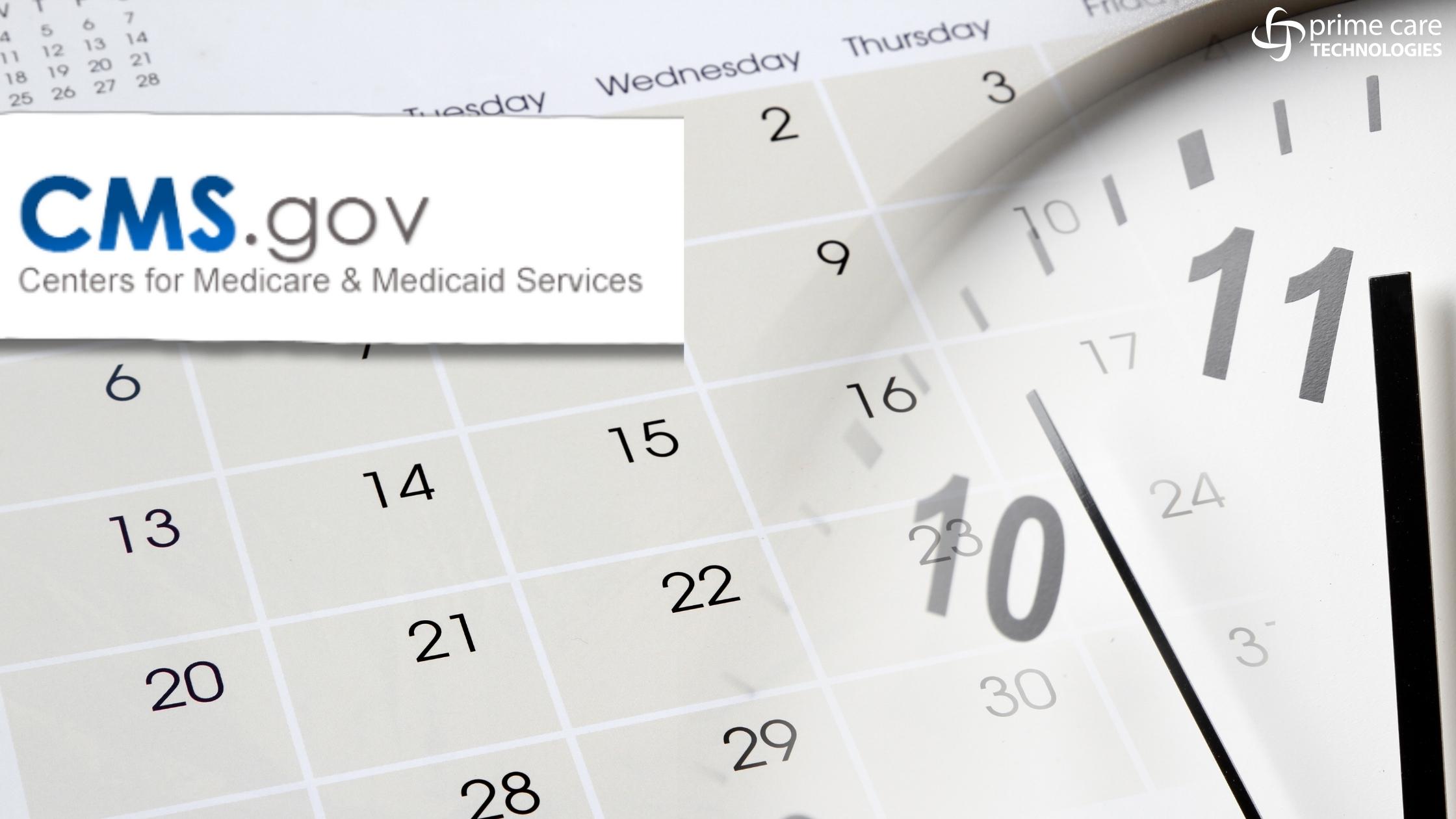There have been mixed reviews about the new mandates released by the Centers for Medicare & Medicaid Services, including a new proposal establishing minimum staffing standards for nursing homes nationwide. The proposal was made with the intention of raising the standard of service at senior care facilities that, according to CMS Administrator Chiquita Brooks-LaSure, will better serve residents by ensuring that they are able to receive the safest and highest level of care at all times (https://www.cms.gov/newsroom/press-releases/hhs-proposes-minimum-staffing-standards-enhance-safety-and-quality-nursing-homes).
But not everyone is happy.
While the intentions of the CMS mandates are in good faith, many senior care facilities are fighting back, referencing multiple issues with the minimum staffing rule. The primary issue is funding. The CMS has stated that in order to fund the new requirements, the total cost over the next 10 years will be $40.6 billion. However, they have not provided any solution for procuring those numbers, sending facilities into a scramble over how to stay compliant without any financial assistance.
The need for such extensive funding is thanks to new requirements that include increasing on-site RN hours from 8 hours a day, seven days a week, to 24 hours per day, seven days a week. RNs must now account for .55 hours per resident day (HPRD), while nursing aides must account for 2.45 HPRD. However, implementing such a demanding mandate requires more cash for the additional RN and nursing aide hours. This is a major flaw in the proposal because facilities do not have the means of increasing wages for current staff or hiring additional staff because there are no funds to pull from.
While there is a waiver process, it is not user-friendly and difficult to navigate, slowing down the efforts to find new workers and, in the meantime, deeming facilities unfit to operate. To keep it brief, the jump from 8 hours to 24 feels excessive to many facilities, making it unreasonably difficult to stay compliant. Critics argue that such an ambitious move will only decrease overall access to care because so many facilities within the sector will be out of compliance.
In preparation for the new CMS requirements, it’s important to look closely at the rule's phase-in parts to ensure a smooth transition. If and when the rules go into effect, it will be in your facility’s best interest to get ahead on your staffing plans for the coming years to maximize recruitment and retention. Staying in compliance will reflect positively on your five-star rating, which will only serve to attract potential residents and staff alike, both of which you will need to remain in good standing. The HPRD requirement for urban buildings will be effective three years after it becomes final, whereas for rural buildings it will be effective after five.
This means it is incredibly important to stay on top of your staffing hours by tracking who is working and when. If you can get in the habit of overseeing the movements of your staff in live time, you will be more prepared to regulate who is working and plan accordingly when the requirements come into full effect. Regarding the 24/7 RN requirement, it will be important to act proactively by reanalyzing and redistributing your staffing hours to see better where your facility falls short.
The 24/7-hour rule will take effect two years after the final rule is published for urban facilities and three years for rural facilities, so the time is now to get all your papers in order.
While the new CMS mandates are not yet rigid, it behooves facility operators to prepare for the changes now.
We want to hear from you! Let us know how you feel about these new mandates with a comment below.
/Prime-Care-Technologies-Logo.png?width=191&height=55&name=Prime-Care-Technologies-Logo.png)


/PCT-Trans.png)

